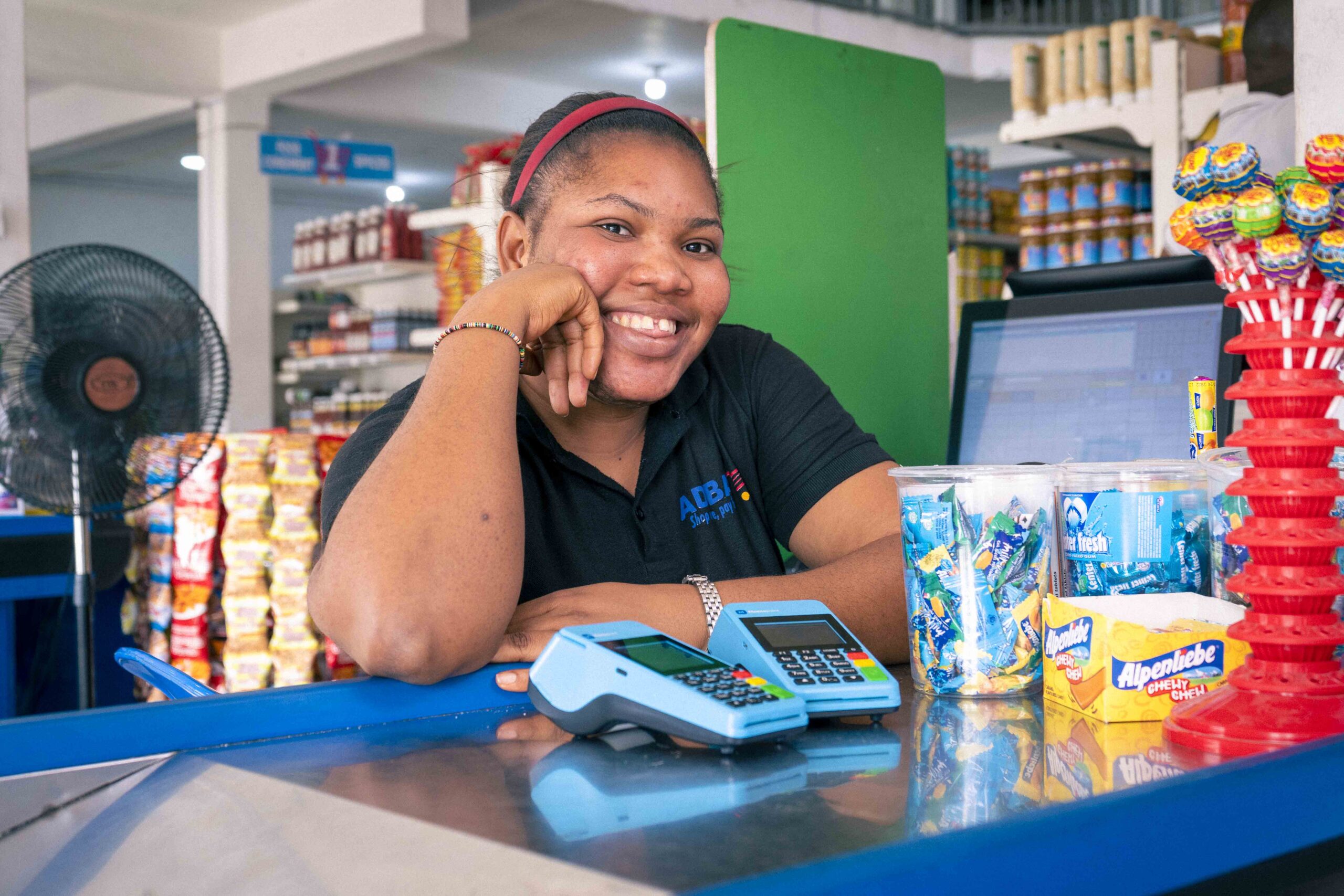There has been a significant increase in the number of fake online loan apps in Nigeria over the years. Criminals have been exploiting and leveraging the economic hardship in recent times to scam and defraud hapless Nigerians of their money all in the name of loans.
This article lists several of the loan apps that are deemed fake based on their removal from Google Play Store, sanctions from the FCCPC, delisting by the Federal Government, aggressive collection techniques, and other unlawful vices. Additionally, the article also covers indicators borrowers should use in distinguishing real loan apps from the fake ones. Below are some notorious fake loan apps in Nigeria:
- Crimson Credit
- Speedy Choice
- Camelloan
- Creditbox
- Getloan
- Swiftcas
- Joy Cash-Loan
- SoftPay
- Moneytreefinance
- Firstnell
- GoCash
- LCredit
- Spark Credit
- ChaCha
- Crediting
- Swiftkash
- Cashme
- Here4U
- ChaCha
- Nut loan
- Cashpal
- Cashlawn
- Xcredit
- Nownowmoney
- Sekucash
- Made Easy
- Imoney
- Flypay
- Luckyloan Personal Loan
- Creditwise
- BGloan
- Sokoloan
- EasyCredit
- Kashkash
- Easy Moni
- Eaglecash
- Nairaloan
- Easynaira
- Imoneyplus-Instant
- Naira Naija
- Nairanaija-Instant
- Naija Cash
- Cash door
- Galaxy Credit
- Naija Cash
- Nairaeasy gist loan
- Maxi Credit
- Ease Cash
How to Know if a Loan App is Fake
1. Not available on Google Play Store
Several of the fake loan apps are still on Google Play Store. However, a vast majority of these fake loan apps are usually accessed through unofficial platforms.
They have been a clamp down on these fraudulent loan apps by the Federal Competition and Consumer Protection Commission due to a surge in the number on Google Play Store. The activities of FCCPC have seen several of these apps getting removed with more stringent filters put in place by Google. Due to breach of ethics, loan apps like Apps Sokoloan, Nairametrics, Maxi Credit, Here4U, ChaCha, and SoftPay.
2. Unscrupulous Collection Practices
Counterfeit credit applications have become a significant concern in Nigeria due to their aggressive debt collection methods. Their typical modus operandi involves offering a loan in exchange for access to personal information and phone data, including contact lists and individuals’ credit and financial status. Once the loan is granted – often for a fraction of the initially requested amount – within a few days, representatives of these fake loan apps demand repayment with exorbitant interest rates through text messages and phone calls. This quickly escalates into a campaign of harassment and threats against the borrower and their loved ones. In other instances, these app agents send manipulated photos and messages to the contacts of individuals who have applied for loans, falsely accusing them of crimes, pedophilia, or engaging in prostitution. They even send threats with images of mutilated bodies.
3. Not listed in Central Bank of Nigeria registration
It is compulsory for all lending financial institutions to be registered with the Central Bank of Nigeria’s (CBN) or the National Information Technology Development Agency’s (NITDA).
Authorisation for the disbursement of credit by loan apps usually comes from the relevant authorities. Before you start the process of accessing loans from any of the loan apps, it will be pertinent to check and verify that the company is included in the Nigerian registry of authorised financial agents.
4. Unsecured website
To identify a fraudulent credit application, visit their official website and ensure that the URL is secure. If the web address begins with “HTTPS,” it is a reliable site (though not necessarily trustworthy). However, if the URL only displays “HTTP” without the final “s,” it is likely a fake credit application, as reputable organizations should adhere to security standards to encrypt user data. Additionally, the URL should feature a padlock icon, indicating that the website possesses an SSL certificate, ensuring its security.
5. Poor Website Functionality
A fake credit application can often be exposed by assessing the functionality of its website. Common signs include spelling errors in the text, incorrect web addresses, email addresses, and other inconsistencies within the loan application.
To identify a fraudulent credit application, visit the lender’s official website and ensure that all buttons and links work correctly. If not, this could indicate that the website has been copied and is therefore unreliable.
6. Unfavorable Customer Feedback
Customer reviews provide an excellent means of determining whether a credit application is fraudulent, if the service they offer is legitimate, and what other customers have experienced.
Regardless of the reason for your credit request, it is essential not to rush into it. Take a few moments to assess the credit application’s reputation before proceeding.
Keep in mind that researching the company’s history is a free, quick, and valuable step to ensure you stay on the right side of the financial spectrum.
A background check could make all the difference between falling victim to a fake credit application and securing legitimate loans.
7. Upfront Payment Requests
If a credit application insists on upfront payment before disbursing the loan, it is a significant red flag indicating the application’s potential fraudulent nature.
Cybercriminals take advantage of people’s desperation and lack of experience by demanding payment in advance.
Fake credit applications that require an initial deposit may argue that it’s a fee to secure the loan or that this “small amount” will be refunded as a form of insurance. However, it’s essential to be highly skeptical of such services.
A reputable credit application may include an initial fee, clearly outlined in the contract, but this amount should never be requested upfront; it should be incorporated into your loan repayment.
8. Requests for PINs and passwords
Do well to decline and block emails that are sent to you offering you a loan without you seeking to get a loan from them. Legitimate loan platforms will never ask for the PIN to your ATM card or your bank account details before you apply for the loan.
9. Incredible Interest Rates
One of the key indicators of spotting a potential credit fraud is to be cautious of offers advertising an extremely low-interest rate, such as near 0%, coupled with an extended and flexible repayment period. This alluring proposition can be powerful enough to cloud your judgment.






